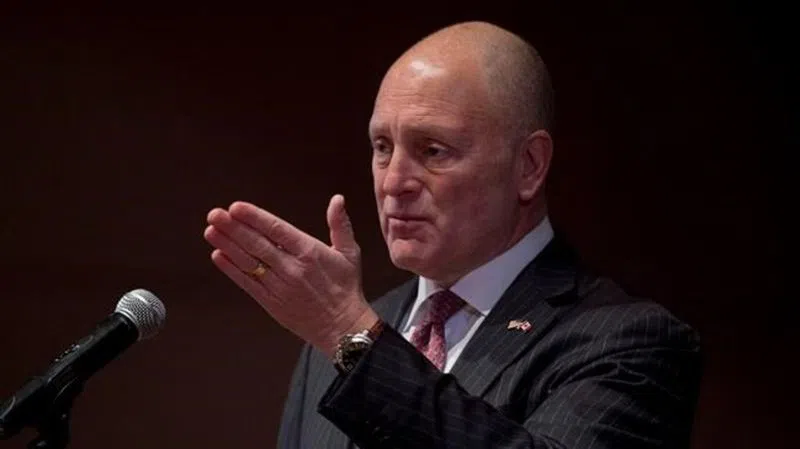
Trump disregards Canada, allies with killing of Iranian general: ex-ambassador
OTTAWA — President Donald Trump’s decision to order the killing of a top Iranian general has elevated his disregard of Canada and other American allies to a new level, says Barack Obama’s former envoy to Ottawa.
Former ambassador Bruce Heyman says the killing of Iranian Maj.-Gen. Qassem Soleimani by a U.S. drone near Baghdad’s airport last week is part of a pattern of disruptive international decisions that have left Washington’s allies “in really tough spots.”
Past examples include the U.S. withdrawal from the Paris climate-change agreement, the Trans-Pacific Partnership trade deal and the Iran nuclear deal, which included the five permanent members of the United Nations Security Council and Germany, he said.
Those decisions caused serious headaches for American allies, including Canada, while last Friday’s killing has imperilled the NATO training mission in Iraq that Canada currently leads, said Heyman. Iraq is ordering all international troops out of the country because it views the American attack on its soil as a violation of Iraqi sovereignty.
